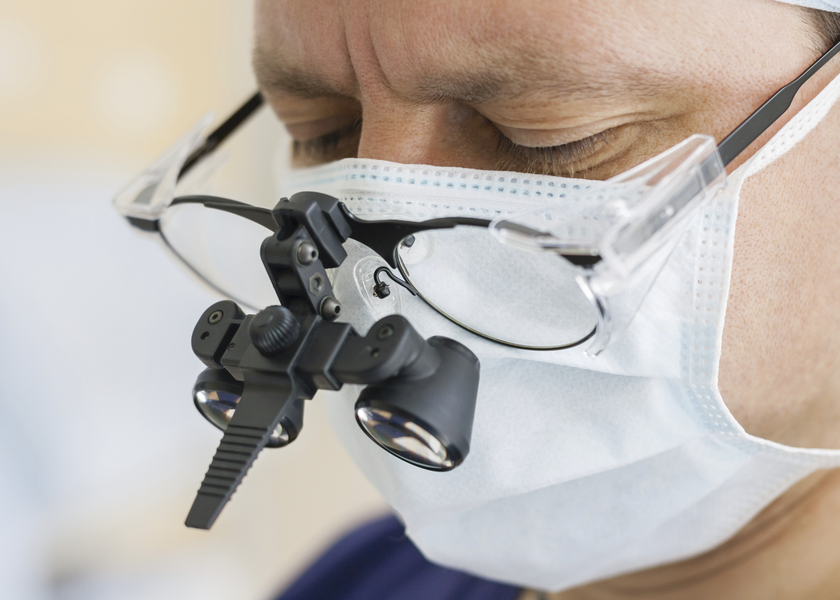
Hip Replacement

Hip Replacement
Preparing for Hip Replacement Surgery
Your new hip will give you freedom to move in ways you haven’t for a long time. Getting the new hip to work well for you will involve more than just surgery. Our experience shows that two other factors will make a big difference:
- First, choose a friend or family member as your "coach" to provide encouragement and support throughout the process.
- Second, you and your coach should learn what to expect by attending our pre-surgery joint replacement education class. It’s best to attend 2-3 weeks prior to your surgery, and if possible, before your final pre-operative appointment with your doctor in case you have additional questions.




